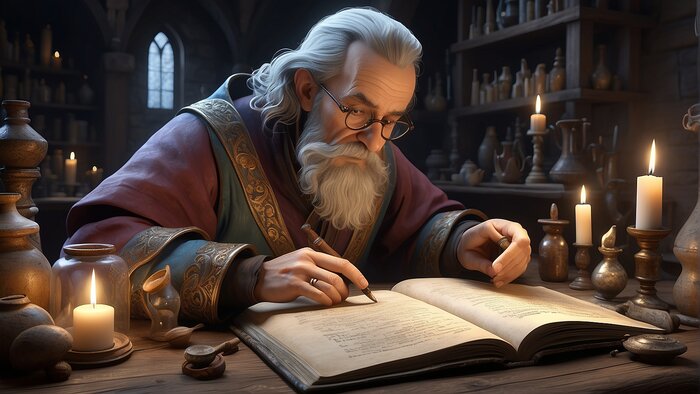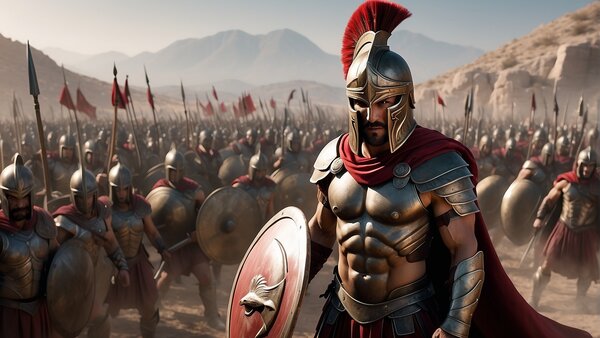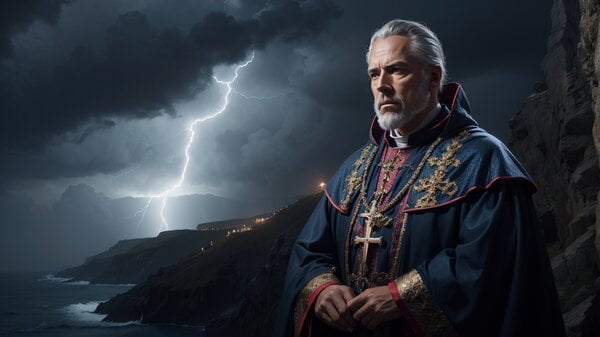The Middle Ages, also known as the medieval period, extends approximately from the fall of the Western Roman Empire in 476 A.D. to the discovery of America in 1492 or the fall of Constantinople in 1453, depending on the criteria of different historians. The following is a general overview of this historical epoch.
High Middle Ages (c. 500 – c. 1000)
- Fall of the Western Roman Empire (476 AD): This event marks the beginning of the Middle Ages, giving rise to a period of fragmentation and socio-political changes in Europe.
- Reign of the Franks and Charlemagne (c. 800 AD): Charlemagne was crowned Holy Roman Emperor, an attempt to revive the Roman imperial tradition in Western Europe.
- Barbarian Invasions: Invasions by Vikings, Magyars and Muslims were significant challenges to European kingdoms.
Middle Ages (c. 1000 – c. 1300)
- Feudalism: Social and economic system based on land ownership and serfdom relations.
- Crusades (1095 – 1291): Series of military campaigns undertaken by European Christians to reclaim the Holy Land from Muslim control.
- Urban and Commercial Development: The growth of cities and trade marked a change in social and economic structure.
Late Middle Ages (c. 1300 – c. 1500)
- Black Death (1347 – 1351): Epidemic devastated Europe, causing a profound demographic and economic crisis.
- Hundred Years’ War (1337 – 1453): Protracted conflict between France and England that had profound political and social repercussions.
- Renaissance: At the end of the Middle Ages, the Renaissance began to take shape, eventually leading Europe into the modern era.
Culture and Society
The Catholic Church played a central role in medieval life, and monastic life was an important avenue of religious and educational activity. Architectural styles such as Romanesque and Gothic flourished during the Middle Ages. Works such as Dante’s «Divine Comedy» and Chaucer’s tales reflect the diversity of the medieval experience.
The Middle Ages was a time of great change, adversity and also of important cultural and technological developments. Although it is often considered a dark period, it was in fact an era of innovation and the founding of many modern institutions.








